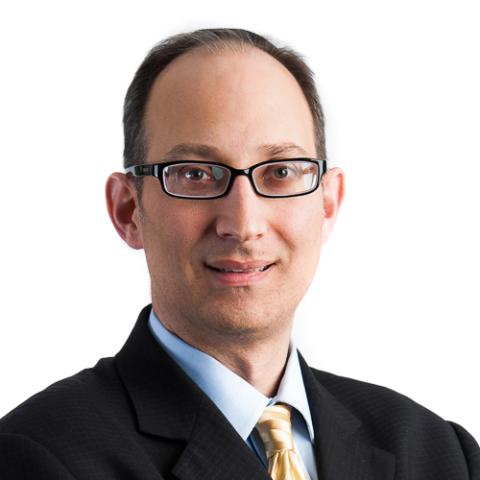This past Sunday, the New York Times had three separate articles referencing the fact that President Obama had secured a copy of Jonathan Franzen’s new novel, Freedom. The three mentions (in the Styles, Week in Review, and Book Review sections) took place more than two weeks after President Obama’s vacation in Martha’s Vineyard, where he picked up his copy, which indicates that Americans continue to be fascinated by the books our presidents read.
There are a number of reasons for the mystique of presidential reading. The first and most obvious is economic. When a president reads a particular book, it helps that book, in terms of both publicity and sales. Obama is a master of this, being called a second Oprah as far as his ability to move book sales is concerned.
On March 8, he mentioned that he was reading Edmund Morris’s The Rise of Theodore Roosevelt. Sales of the 1986 book hit 7,000, “a notable uptick from previous years.” Sales for Richard Price’s Lush Life sold at twice the usual rate for several weeks after the White House put it on an Obama reading list. Another work from the same list, Kent Haruf’s 2000 work Plainsong, sold 5,000 more copies than normal in 2010. That’s not quite Oprah-level, but it’s close. According to Farrar, Straus’s Jeff Seroy, nothing beats having the president — and this president in particular — pick up your book: “You can’t pay for that kind of publicity. You can’t even dream of it.”
Presidential reading is also part of any White House’s efforts at intellectual outreach. Bill Clinton recognized that by flattering intellectuals and highlighting their books, he could often gain their support. For instance, he left Yale law professor Stephen Carter’s The Culture of Disbelief on his desk where reporters could see it; Carter’s book got the expected press mentions, and odds are that Carter was more favorably inclined to the administration as a result. Of course, this trick does not always work: When Salt author Mark Kurlansky was told that George W. Bush was reading his book, he sneered: “My first reaction was, ‘Oh, he reads books?’”
We as Americans seem to like the notion that our presidents are reading more than just their daily briefing books — especially since, we assume, their busy schedules make it hard to find reading time. Obama has confirmed as much: In an interview with journalist Michael Powell for the Columbia Journalism Review, he complained, “I’ve been carrying around this Philip Roth book with me for two months and I’m yet to even crack it.” He laughed and continued, “You have very little chance to really read. I basically floss my teeth and watch SportsCenter.”
Even when a president is a reader, as President Obama pretty clearly is, being leader of the free world gives him an all-purpose excuse for skipping books he would rather avoid. When CNN’s Ed Henry asked Obama if he planned to read Sarah Palin’s Going Rogue, he answered, “I — I probably won’t. But I don’t get a chance to read things other than briefing books very often these days anyway.”
A president’s reading can shape his policy decisions. Kennedy got the idea for a “War on Poverty” after being handed a review of Michael Harrington’s The Other America. Clinton’s decision to intervene in the Balkans was delayed for a while after he read Robert Kaplan’s harrowing Balkan Ghosts. After Nixon read in Robert Blake’s Disraeli that Gladstone had kept his staff around for too long, he was inspired after reelection to fire his first-term cabinet. Nixon also read The Feminine Mystique, at daughter Julie’s urging; it’s unclear what the impact of that experience was.
Last, and perhaps most important, presidential reading helps humanize a president. The common man appreciates the chance to share an experience with the leader of the free world. Of course, it’s not exactly the same experience — in some cases, being president has its advantages. It was August 20 when Obama got his hands on Freedom — eleven days before the release date, when the book was embargoed and not for sale at any price. Obama being Obama, the bookstore owner gave him a free advance copy.
If you look at President Obama’s reading list over the years, it has a clear ideological tilt. He has read a host of books by such liberal authors as Thomas Friedman, but precious few books by conservative ones. Bush, on the other hand, often mixed liberal authors, including Kurlansky and even Camus, in with his Natan Sharansky (The Case for Democracy) and Eliot Cohen (Supreme Command).
In this, Obama the reader is very much like Obama the politician. According to a story Rep. Eric Cantor (R., Va.) tells in the new book, Young Guns, Obama dismissed conservative ideas by telling Cantor that the election was over and “I won.” Perhaps Obama should reconsider this approach, if not in politics then at least when it comes to his library. Reading conservative authors is a low-cost way to demonstrate outreach to the other side of the aisle in our far-too polarized society. And who knows? It might even serve reading’s original purpose — he might learn something.


















